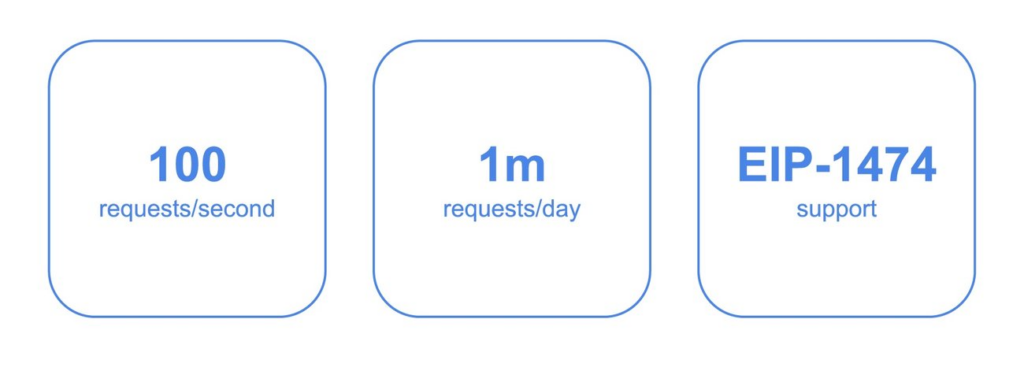Currently only compatible with Ethereum, Google Cloud’s Blockchain Remote Procedure Call (RPC) service will soon support additional blockchains.
To facilitate communication between cryptocurrency developers and blockchain data and increase the dependability of decentralized applications (DApps), Google Cloud has introduced the Blockchain Remote Procedure Call (RPC) service.
In a blog post on September 17, Google Cloud stated that the new service will first work with the Ethereum mainnet and testnet, with ambitions to expand to additional blockchains in the upcoming year.
With support for EIP-1474, a predefined set of RPC methods for Ethereum nodes, the blockchain RPC service is first starting with a free tier that allows up to 100 call requests per second and one million calls per day.

With just one line of code, cryptocurrency developers may include Google Cloud’s Blockchain RPC into Ethereum-based DApps, as it complies with Ethereum’s JSON-RPC standard.
Software communication protocols like RPC are used by one program to ask another program running on a different computer and network for a service.
Since even little delays or mistakes can affect the functionality of decentralized applications, which frequently need to be able to clear and settle transactions almost instantly, GoogleCloud observed that RPC dependability has proven to be a persistent difficulty for many crypto developers.
Periods of exceptionally high network activity or transaction volumes cause RPC problems on blockchain networks.
Due to increased network traffic and issues with RPC providers in June, the Ethereum layer-2 scaling network ZKsync suffered significant delays and decreased network functioning.
Launched on April 25, Google Cloud’s Web3 Portal product suite provides blockchain developers with resources such as tutorials and data sets, yet opinions from cryptocurrency experts are divided.
Several cryptocurrency pundits criticized Google’s Web3 portal for having a “terrible” user design, while others voiced disapproval over the platform’s lack of support for popular blockchain ecosystems like Bitcoin.



